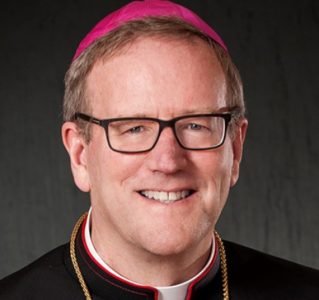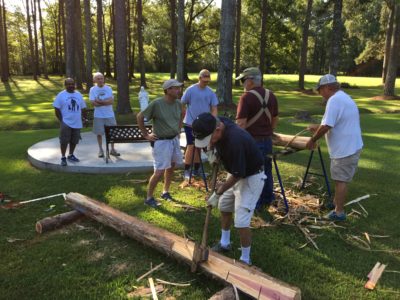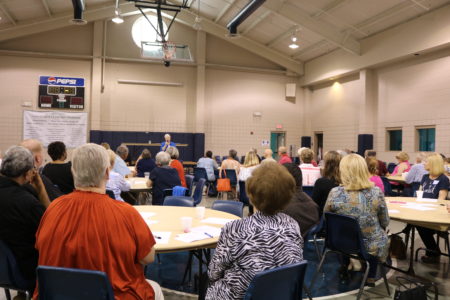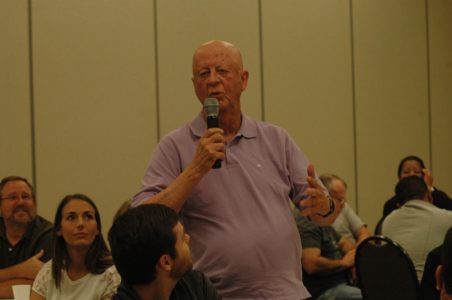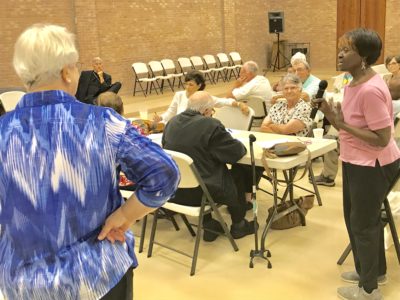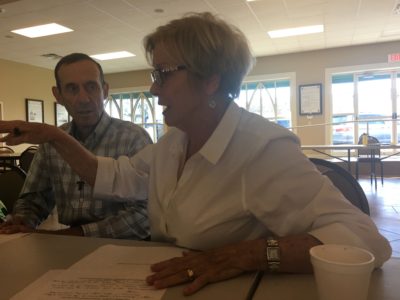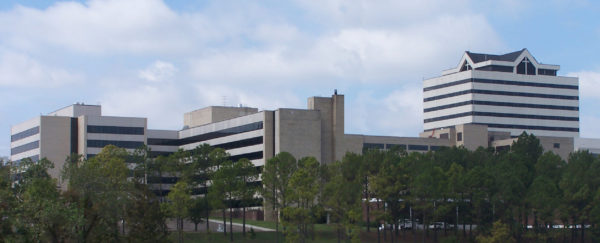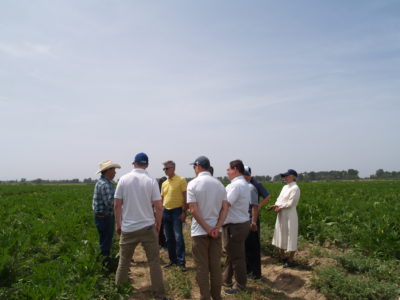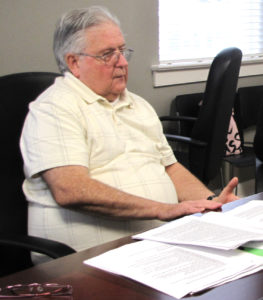SPIRITUAL ENRICHMENT
BROOKSVILLE The Dwelling Place, “Transitions and Transformation,” November 9-11. Some of the topics will be: realizing our gifts, overcoming fears, addressing regrets and exploring lost dreams. Facilitators: Dr. Francis Baird, LPC, who has a private counseling practice in Columbus and Starkville, and Clare Van Lent, MA CSp. Dwelling Place director. Donation: $180. Details: (662) 738-5348 or email dwellpl@gmail.com.
CULLMAN, Ala., Benedictine Sisters Retreat Center, Weekend Intensive Centering Prayer, November 16-18. Develop further the discipline of Centering Prayer and deepen your relationship with God. Director: Diana Tschache. The weekend will be spent in silence. Prerequisite: Introduction to Centering Prayer. Cost: Private Room $245. Details: (256) 734-8302, retreats@shmon.org or www.shmon.org.
GREENWOOD Locus Benedictus Retreat Center, Ephphatha “Inner Healing Through the Healing Miracle of Jesus,” Friday, November 2, at 6 p.m. and Saturday, November 3 at 8:30 a.m., ending with Mass at 4 p.m. Cost: $50. Financial assistance is available. Details: (662) 299-1232.
SAVE THE DATE
“A Guide for Grievers” Learn creative ways to express grief and loss, and how to support others through the grieving process. Through a partnership between Catholic Charities’ Parish Health Care Ministry and the Catholic Diocese of Jackson’s Office of Family Ministry, Bob Willis; artist, author, sculptor and grief specialist from Oklahoma City will present a half day workshop and a discussion on grief, and how to adapt to loss. Workshops will be offered at the following locations/times: Hernando Holy Spirit, Wednesday, November 28, 9:30-1:30 p.m.; Indianola Immaculate Conception, November 28, 5:30-9 p.m.; Starkville St. Joseph, Thursday, November 29, 12:30 – 5 p.m.; Gluckstadt St. Joseph, Friday, November 30, 12 – 4 p.m. Details: Sister Pat Clemen, Coordinator of Parish Health Ministry at (601) 213-6378, or via email: sisterpat.clemen@ccjackson.org or Charlene Bearden, coordinator of Family Ministry at 601-960-8487, or via email: charlene.bearden@jacksondiocese.org.
PARISH, SCHOOL AND FAMILY EVENTS
ABERDEEN St. Francis of Assisi, Parish Picnic, Sunday, October 21, at the parish hall following Mass, which will be at 4 p.m. that day. The church will provide the meat and a signup sheet will be posted on the bulletin board in the parish hall. Details: (601) 813-2295.
CLEVELAND Our Lady of Victories, Ladies Bible Study meets Wednesdays at 6 p.m. Opening your Heart: The Starting Point. Come join in for fellowship and building a closer relationship with Jesus. Details: church office (662) 846-6273.
“Taste of Italy” Lasagna Dinner, Tuesday, November 13, changed from November 8. Details: Mary Helen Waller to volunteer at (662) 843-3152.
HERNANDO Holy Spirit, AARP Driver Safety Class, Tuesday, October 16, from 8:30 a.m. – 12:30 p.m. Details: contact Nancy Marking at (901) 219-3662 or Bill Marking at (901) 210-0484.
JACKSON Catholic Charities Purple Dress 5K – help us “run” domestic violence out of town, Thursday, October 18, at 6:00 p.m. at The District at Eastover in Jackson. Details: Julie O’Brien at (601) 326-3758 or julie.obrien@ccjackson.org. To register online, go to https://raceroster.com/events/2018/18389/purple-dress-run.
MADISON St. Francis of Assisi, beginning November 3, Saturday evening Mass will be 5 p.m. (from 5:30 p.m.). New Confession time will be at 4 p.m. (from 4:30 p.m.) and on request. Details: church office (601) 856-5556.
MERIDIAN Catholic Community of Meridian, Musical and Variety Show, Fashion Show and Dinner, Saturday, November 3, at 6 p.m. in the Family Life Center. Tickets: Reserved $20, Adults $10, Children thru High School $5. Proceeds benefit St. Patrick School. Tickets are available in the parish office, school office or Dan Santiago (601) 917-7364. Reserved tickets available from Mary Yarger at (601) 482-6044.
PEARL St. Jude, Adult Faith Formation meets each Sunday at 9:45 a.m. with the Gus Lloyd audio series on Apologetics. He is the host of “Seize the Day” on the Catholic Channel on Sirius XM satellite radio. Topics will include: the Eucharist, the papacy and Peter, Confession and more. Details: church office (601) 939-3181.
YOUTH BRIEFS
JACKSON St. Richard School Open House, “Cookies with the Cardinals, Tuesday, Oct. 23, 9-11 a.m. Details: Wendi Shearer, 601-366-1157 or RSVP at strichardschool.org.
MADISON St. Anthony School, Open House, Sunday, October 21, 2- 4 p.m. Details: Michele Warnock at mwarnock@stanthonyeagles.org or (601) 607-7054.
St. Joseph School Open House, Sunday, Nov. 11, 2 p.m. Details: Tricia Harris, (601) 898-4800.

